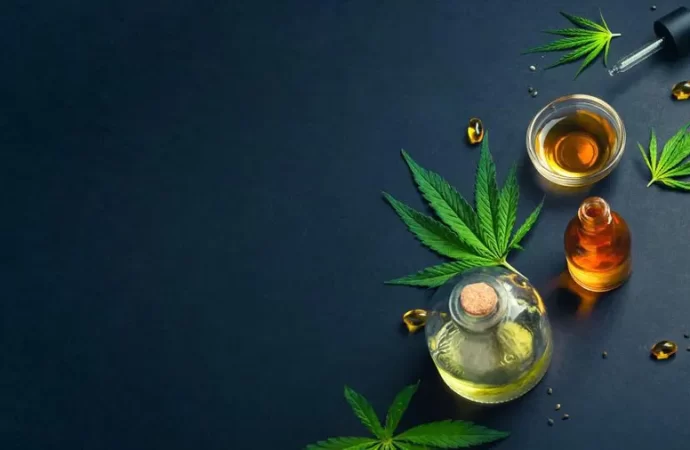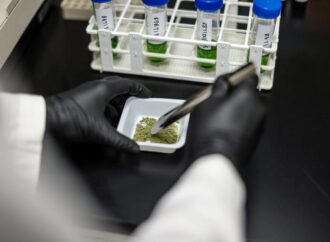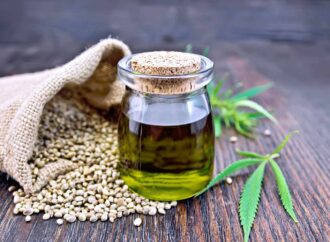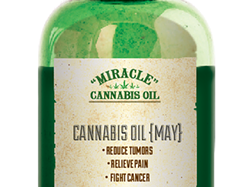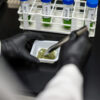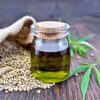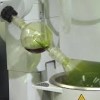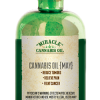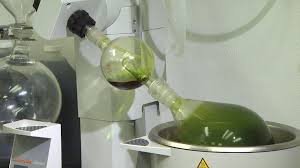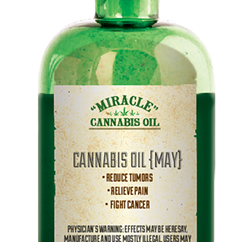Cannabidiol, or CBD, is a chemical compound found in the cannabis sativa plant. When applied topically or consumed through smoke inhalation or edible consumption, CBD interacts with neuroreceptors in your endocannabinoid system, which sends signals between your cells to help regulate your movement, mood, homeostasis and immune system. CBD is often extracted from the cannabis sativa plant in oil form
Cannabidiol, or CBD, is a chemical compound found in the cannabis sativa plant. When applied topically or consumed through smoke inhalation or edible consumption, CBD interacts with neuroreceptors in your endocannabinoid system, which sends signals between your cells to help regulate your movement, mood, homeostasis and immune system.
CBD is often extracted from the cannabis sativa plant in oil form and mixed with an inert carrier oil like hemp seed oil for consumption. In fact, of the 60% of U.S. adults who report having used CBD before, 55% of them use CBD oils and tinctures specifically, according to a recent Forbes Health survey of 2,000 U.S. adults conducted by OnePoll.
Keep reading at Forbes Health
